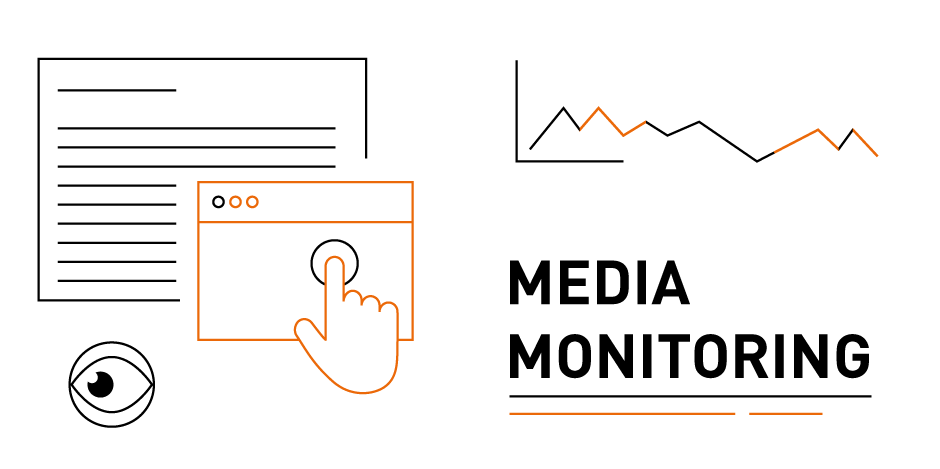Serbia shifts narrative on the US after Trump’s return to power

The longstanding pattern of domestic media favoring countries led by authoritarian leaders continues to shape the tone of reporting in 2025. Since 2017, anti-Western narratives have dominated Serbian media, while pro-Russian and pro-Chinese coverage has remained consistently positive. However, with President Trump’s return to power in the U.S., anti-Western narratives are now reserved for the EU, while the tone toward the U.S. has shifted abruptly from predominantly negative to positive.
After Donald Trump, a politician with a distinctly authoritarian approach to governance, once again became U.S. President, Serbian media coverage of America has grown increasingly favorable, surpassing the anti-American narrative for the first time. Meanwhile, China and Russia continue to be portrayed consistently in a positive light. This favorable tone is especially evident during and after official visits by Serbian officials, such as Dačić’s trip to Beijing and Vučić’s visit to Moscow. In contrast, the European Union remains the most frequent target of negative and manipulative reporting.
The role of President Vučić in shaping the narrative
President Aleksandar Vučić’s role in shaping the media portrayal of foreign actors remains crucial to understanding the tone of coverage. As in previous monitoring periods, he is the most frequently quoted political figure in domestic broadcast media — with a significant lead over all other actors.
The analysis shows that when Vučić is directly quoted, the tone of reporting shifts in line with his statements: the pro-U.S. narrative registers the fastest growth, pro-Russian coverage becomes even more positive, and pro-EU reporting turns more negative compared to the previous period. This indicates that the media image of foreign actors is largely shaped by the messages sent by Serbia’s highest-ranking official, rather than by independent editorial policies.
Manipulative narratives: the selective targeting of the EU
In the first half of 2025, the largest share of manipulative content in Serbian media was directed at the EU, continuing the years-long trend of discrediting the EU as a political and societal partner. In contrast, China and Russia were almost entirely exempt from such treatment, while the U.S., since Trump’s return to power, has also been less frequently portrayed in a negative or manipulative context. This selective approach reflects a high degree of editorial control and a politically motivated narrative framework.
Methodology:
The research covers central news segments and press review sections in morning programs of nationally broadcast TV channels (RTS1, Pink, Prva, Happy). Between January 1 and June 30, 2025, a total of 8,093 media items were analyzed, focusing on political, military, economic, and social topics, as well as wars in the former Yugoslavia, culture, human rights, and health.
The full report is available here and listed below.








